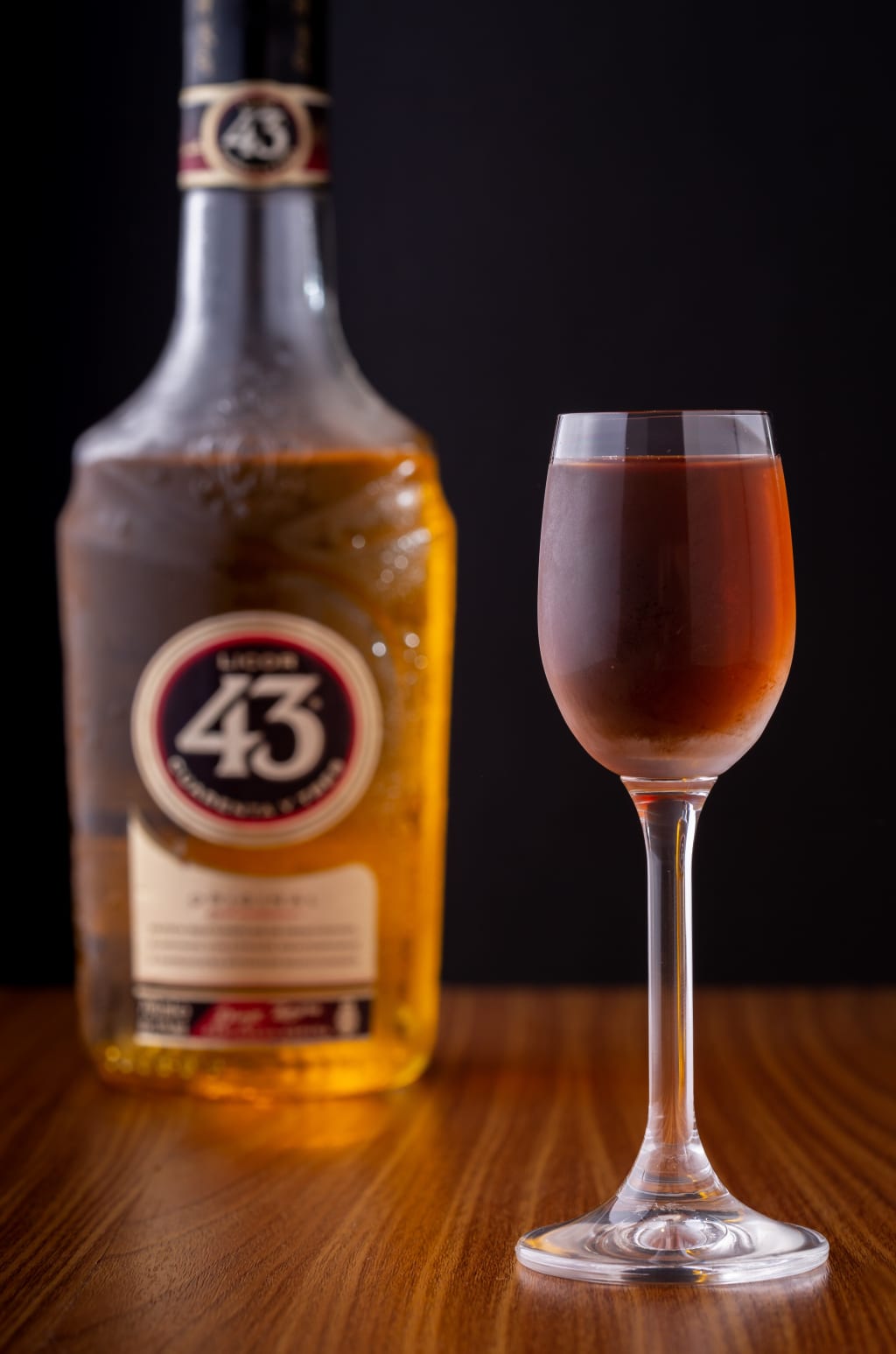5 SCIENTIFICALLY PROVEN STEPS TO CURB YOUR DRINKING PROBLEM
WHAT IS HEAVY DRINKING

The rules about how much alcohol you should drink change from country to country and from health organization to health organization. It's important to remember that these rules are just general suggestions and may not work for everyone, especially if you have a certain medical condition or are taking a drug that reacts badly with alcohol. Here are some rules that are often used:
The Centers for Disease Control and Prevention (CDC) in the United States say that people who are old enough to drink should drink alcohol in moderation. This means that women can have up to one drink per day and guys can have up to two drinks per day. This is talking about standard drink amounts, which usually have about 14 grams (0.6 ounces) of pure alcohol.
In the UK, the National Health Service (NHS) says that both men and women shouldn't drink more than 14 units of alcohol per week on a daily basis. This is about the same as drinking six pints of beer or seven medium glasses of wine. It's also a good idea to drink less on some days of the week and drink more on others.
World Health Organization (WHO): The WHO says that people should limit how much alcohol they drink to lower their chance of getting sick. They say that guys shouldn't drink more than two standard drinks per day and that women shouldn't drink more than one standard drink per day
WHAT IS HEAVY DRINKING?
Heavy drinking is a habit of drinking alcohol that is more than the moderate or recommended amount and puts you at a higher risk of health problems. Even though there are many different ways to describe it, heavy drinking usually means drinking a lot more alcohol than is suggested. Here are some signs that someone has been drinking a lot:
- Exceeding daily or weekly limits: People who drink a lot of alcohol often drink more than the amounts suggested by health organizations for a day or a week. For example, heavy drinking would be when a man regularly drank more than two standard drinks per day and a woman regularly drank more than one standard drink per day.
- Binge drinking is a type of heavy drinking in which a large amount of alcohol is consumed in a short amount of time. This usually leads to a high blood alcohol content (BAC). As we've already said, binge drinking usually means that a man has five or more normal drinks in a short period of time, or that a woman has four or more drinks.
- Problems caused by alcohol: People who drink a lot are more likely to have problems caused by alcohol. These problems can include things like liver disease, heart problems, and a higher chance of getting hurt or having an accident. Heavy drinking can also cause mental problems, problems in relationships, and social problems.
- Dependence on or addiction to alcohol: If you drink a lot, you may be more likely to become dependent on or addicted to alcohol. If you find it hard to control how much you drink, if you get withdrawal symptoms when you try to stop or cut back, or if you feel like you have to drink even though it makes you feel bad, you may have a problem with alcohol dependence or addiction.
5 Scientifically Proven Steps to Curb Your Drinking Problem
1. Plan out your steps:
To begin, make a decision to reduce your alcohol consumption and write down your goals. These targets ought to be quantified and time-bound. You could, for instance, plan to restrict the number of days you drink each week or the number of drinks you'll have at a given event.
Setting specific objectives is essential when cutting back on your drinking. Here are some guidelines to help you establish meaningful objectives:
Provide details:
Set a precise and unambiguous objective. Don't just state, "I want to drink less alcohol," but be more specific. You might say something like, "I will limit my alcohol consumption to two drinks per week."
Create a metric:
Make sure your objective can be quantified so that you can gauge your success. Establish some measurable criteria by which you can evaluate your progress. You could, for instance, plan to cut back on your monthly alcohol consumption by a set proportion.
Create a schedule:
Plan out when you intend to complete each step of the process. It's more practical to tackle the task in bite-sized chunks. You could, for instance, choose to cut back on alcoholic beverages by 25% in the first month and another 5% each succeeding month.
Think rationally:
Make attainable and reasonable plans. You should try to keep your expectations reasonable in order to avoid feeling let down. Evaluate your current drinking habits and create ambitious, yet attainable, goals. Beginning with manageable objectives can increase self-assurance and drive.
Put it in writing:
Write down your objectives. This will strengthen your resolve and constantly remind you of your goals. You can keep track of your goals by writing them down in a notebook, making a digital note, or downloading an appropriate app.
Examine your progress
toward your objectives and make any changes as necessary. If you realize that your objectives are too simple or too complex, readjust them. Being adaptable and making adjustments as you gain experience and knowledge is crucial.
2. Keep track of how much alcohol you drink.
By utilizing a journal or an app on your mobile device. Keeping tabs on how much alcohol you're consuming can serve as a powerful incentive to reduce your consumption.
Keeping track of how much alcohol you're consuming will help you cut back safely and healthily. Some ways to track your intake are listed below.
Keep a journal or diary detailing your drinking habits.
You should keep a record of when, when, what, and how many alcoholic beverages you consume. Keeping a log can help you become more conscious of how often and how much you drink.
Use of mobile apps
You can use one of the many accessible apps on your mobile device to keep tabs on the amount of alcohol you're consuming. You may track your alcohol consumption, establish drinking targets, and gain useful information with the help of such apps. A few of these are DrinkControl, AlcoDroid, and Sober Grid.
Be aware of typical serving quantities
for alcoholic beverages, and prepare your drinks accordingly. Make sure you're pouring the right amounts by using measuring cups, shot glasses, or a kitchen scale. Greater knowledge of your alcohol consumption can be gained by keeping track of the number of standard drinks you consume in a certain time period.
Limit yourself:
Decide how many alcoholic beverages you will consume on a given day or in a week. Having defined limitations allows you to monitor how frequently you stray from them.
Be truthful with yourself
accuracy and honesty are key while keeping a drinking log. If you want to avoid underestimating or forgetting how many drinks you've had, keep careful track of them. To get a more accurate picture of your drinking habits and the effects of your choices, be truthful when keeping track.
Examine and think about
It's a good idea to look back on your drinking logs and evaluate your habits on a regular basis. Investigate any tendencies, events, or triggers that have been linked to increased alcohol use. You can use this data to pinpoint problem areas and make changes to curb excessive use

3. Find other things to do:
Find other things you can do or hobbies you can enjoy instead of drinking alcohol. People often drink to relax or hang out with friends, so it can be important to find healthier options. Filling the void and reducing the urge to drink can be done by working out, doing creative things, or spending time with encouraging friends.
Getting involved in other things can help you change your mind and lessen your desire to drink. Here are some other options to think about:
Exercise and other physical activities:
Regular exercise is good for your physical health, but it also improves your mood and makes you feel less stressed. Try running, biking, swimming, doing yoga, or joining a sports team. Exercise can help you relax and find better ways to deal with stress or boredom.
Pursue your talents and interests.
Do things that you really like and that keep you interested. This could be drawing, playing a musical instrument, gardening, cooking, reading, writing, or learning a new skill. Exploring your hobbies can be a fulfilling way to spend your time and give you a sense of satisfaction.
You can hang out with people without drinking.
Drinking isn't the only way to socialize. Find ways to hang out with people that don't require drinking, like having coffee or tea with friends, going to movie nights, joining hobby groups or clubs, going to community events, or doing things outside like hiking or picnicking. Putting yourself around helpful, like-minded people can help you build strong relationships and lessen your need for alcohol to have fun.
Learn how to relax.
Alcohol is often used to help people rest and unwind. But there are other ways to relax that are better for you and can help you feel calm. Try deep breathing routines, meditation, being more aware of the present moment, or taking a warm bath. These things can help you deal with worry and feel more relaxed without having to drink.
Seek educational stimulation:
Keep your mind active by giving it something to think about. Solve puzzles, play mind games, read books that make you think, have thought-provoking talks, or go to lectures or workshops. Intellectual stimulation can give you a sense of satisfaction and take your mind off of drinking.
Volunteering or helping others
can give you a sense of purpose and satisfaction. Think about helping out at local groups or causes, being a mentor, or doing random acts of kindness. These things can improve your happiness and self-esteem and give you something to do with your time.
4. Manage your triggers and temptations.
Figure out what events, places, or feelings make you want to drink. It could be worry, a particular social situation, or even a certain person. Once you know what sets you off, you can come up with ways to avoid or deal with them. This could mean finding new ways to deal with stress, making a network of people who feel the same way, or, if necessary, getting professional help.
When trying to drink less booze, it's important to deal with triggers and temptations. Here are some things you can do to get through these situations:
Find out what makes you want to drink.
Take the time to figure out what makes you want to drink. Triggers can include certain environments, people, feelings, or events. Stress, social events, boredom, or places where drinking is common can all be common triggers. Getting a good handle on your emotions starts with knowing what they are.
Make a plan:
Once you know what sets you off, make a plan to lessen their effect. If certain social situations or events are triggers for you, you might want to go with a friend or family member who knows your goals and can help you stay on track. You could also avoid going to events where alcohol is the main focus until you feel more sure in your ability to say no.
Set limits:
Make clear rules for yourself about how much booze you can drink. Set limits on how many drinks you're willing to have in different scenarios and stick to them. It can be helpful to let people know what your limits are so they can understand and accept them.
Avoid temptation.
If you can, stay away from situations or places that make you want to drink a lot. If there are certain bars, clubs, or other places that make you want to drink, it might be best to stay away from them all. Choose other places or things that will help you reach your goal of drinking less alcohol.
Find other ways to deal with it:
Find better ways to deal with stressful situations instead of drinking. This could mean doing deep breathing exercises, practicing mindfulness or meditation, going for a walk or run, listening to music, or doing something artistic like drawing or writing. Try out different ways to deal with cravings and mental triggers to find the one that works best for you.
Build a support network.
Surround yourself with people who will help you and who understand your goals. Helpful ways to deal with triggers and temptations are to join support groups, go to therapy, or find friends who have similar goals. Having a network of people who care about you helps you stay responsible, gives you a sense of understanding, and guides you through hard times
5. Ask for help:
Don't be afraid to ask friends, family, or experts for help. Sharing your goals and success with other people can help you stay on track and give you the boost you need. If you're having trouble cutting back on alcohol on your own, you might want to join a support group or talk to a healthcare worker who specializes in alcoholism.
Getting help is an important part of cutting down on booze use. You can get help on your trip from a number of different places. Here are a few places you can go for help:
Family and friends:
Reach out to close friends and family members who can understand you, cheer you on, and hold you accountable. Tell them what your goals are and how they can help you reach them. Having a strong network of people who care about you can make a big difference in your ability to drink less.
Support groups:
If you want to stop drinking or stop being addicted to alcohol, you might want to join a support group for people in your situation. Alcoholics Anonymous (AA) is a well-known support group that gives meetings all over the world and has a 12-step program. SMART Recovery is another support group that helps people get better by using a science-based, self-empowerment method. These groups offer a safe place to talk about problems, get advice, and meet other people who are going through the same things.
Counseling or therapy:
If you're having trouble cutting back on alcohol on your own, it can be helpful to get help from a counselor, therapist, or addiction expert. A professional can give you personalized advice, support, and methods that have been shown to work to help you deal with underlying problems and find good ways to deal with them.
Online communities:
The internet has a lot of online communities and places where people who are going through similar things can help each other. Websites and social media sites often have groups or communities whose goal is to drink less or stay sober. Participating in these groups can make you feel like you belong and give you a chance to share your journey, learn from others, and get help from people who know what you're going through.
Healthcare provider.
If you want to drink less booze, talk to your healthcare provider or general practitioner about your plans. They can give you medical advice, help you find resources, and point you in the direction of experts or programs that can help you. They can also keep an eye on your health as a whole and give you advice that is tailored to your needs.
About the Creator
Abby blasius
I am a passionate content creator with a strong focus on health and wellness. While my educational background lies in a Bachelor of Accounting and Finance, it is my innate desire to help people feel good about themselves in mind, body&soul






Comments
There are no comments for this story
Be the first to respond and start the conversation.